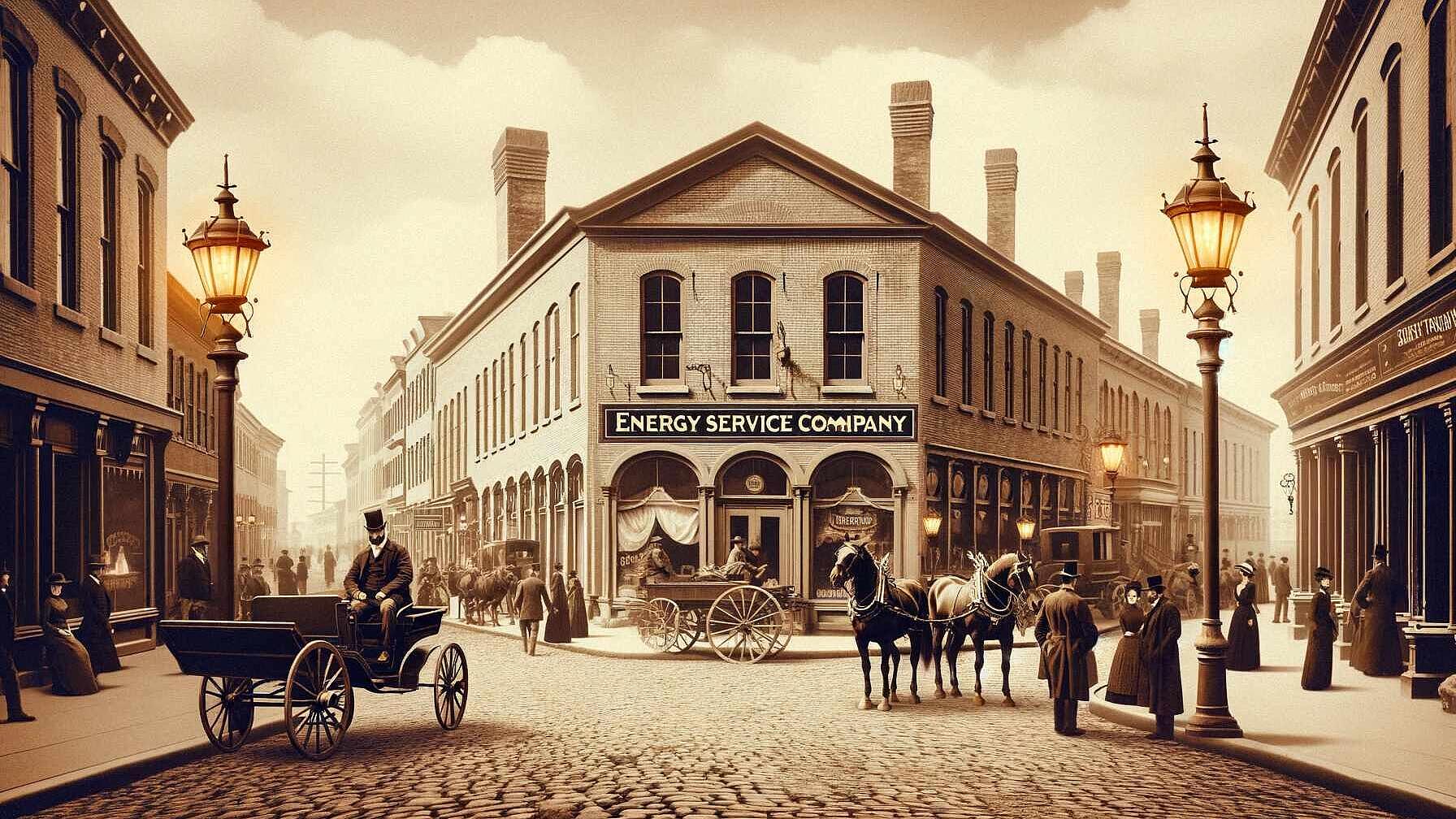 Energy Infrastructure
Energy InfrastructureIntegration: the cornerstone of the energy transition
Summary
Over 1,200 companies taking part in the Energy show at this years HANNOVER MESSE. Key themes in 2017 will be the digitalization of the energy transition, virtual power plants, energy system integration and innovative energy storage solutions. The German Energy Agency (dena) is organized in partnership with a number of German industry associations, including the bdew, BEE, bne, GTAI, VDE, VDMA, VKU and ZVEI. The Plazas lineup of exhibits include a display of the current Kopernikus energy transition projects of the German
"We will present the initial results of our pilot study into a framework for an integrated energy transition that ensures the commercial viability of the process going forward," explains dena CEO Andreas Kuhlmann. "The German energy show is designed to foster constructive dialogue about smart solutions that will stand the test of time," says Dr. Veit Hagenmeyer.
Open full article
Integration: the cornerstone of the energy transition
Ultra-efficient, renewable and digital: Tomorrow's energy system will be fundamentally different to its contemporary cousin.
The shape of our energy future will reveal itself in the exhibits of the over 1,200 companies taking part in the Energy show at this year's HANNOVER MESSE. On a combined display area of around 43,000 square meters (462,850 sq. ft), these companies will showcase a diverse array of smart solutions for tomorrow’s integrated energy system. The exhibits will cover the full range of energy topics, from
- decentralized supply,
- wind generation,
- integration,
- energy storage,
- energy efficiency and
- electric mobility, right through to
- smart grids.
The Energy show will be supported by a series of technical forums in halls 12, 13 and 27. "The forums will have 'integrated energy' as their umbrella theme and feature lively expert discussion of all the key issues that are critical to the future of our energy system," says Benjamin Low, Deutsche Messe's Global Director in charge of the Energy show at HANNOVER MESSE.
The Integrated Energy Plaza will once again be the beating heart of this year’s Energy show. It will feature its own forum program, company exhibits and interactive displays.
Key themes in 2017 will be the
- digitalization of the energy transition,
- virtual power plants,
- energy system integration and
- innovative energy storage solutions.
The Plaza's lineup of exhibits include a display of the current Kopernikus energy transition projects of the German Federal Ministry of Education and Research as well as an update on the latest projects run under the "Shop Window for Intelligent Energy – Digital Agenda for the Energy Transition" (SINTEG) development program of the German Federal Minister for Economic Affairs and Energy. The Plaza's forum program will be organized by the German Energy Agency (dena) in partnership with a number of German industry associations, including the bdew, BEE, bne, GTAI, VDE, VDMA, VKU and ZVEI.
"Achieving a future-proof energy system is about much more than just digitalizing all the individual components. What is called for is a concerted, integrated energy transition – a highly coordinated effort involving all the key players and technologies, across all the relevant sectors. The companies and organizations at the Integrated Energy Plaza will demonstrate how this can be done in practice. "We will present the initial results of our pilot study into a framework for an integrated energy transition that ensures the commercial viability of the process going forward," explains dena CEO Andreas Kuhlmann.
According to Dr. Veit Hagenmeyer from the Institute of Applied Computer Science at the Karlsruhe Institute of Technology (KIT), "the transition from a centralized to a more decentralized energy system will be the key challenge on the way to achieving a reliable, affordable and clean energy supply." He considers tapping into renewables the equivalent of "an energy harvesting operation over a huge geographic area". His organization, the KIT, is committed to meeting the R&D challenges posed by the energy transition, and Dr. Hagenmeyer has a clear vision of the what tomorrow’s energy system must be capable of: "It’s critical that any excess energy from renewable sources be retained through energy storage, including in other energy carriers, or rendered usable through smart demand-side management and grid management." The conversion of surplus wind or solar energy into other energy carriers will be a crucial element of any future energy system. This can be done in a number of ways, for instance, by large-scale electrolysis plants that produce hydrogen, or by a variety of power-to-liquid or power-to-chemicals systems.
Another of the Integrated Energy Plaza’s participants, the leading energy and telecom cable manufacturer Prysmian Group, will focus on high-performance smart girds as the backbone of tomorrow’s energy system. "The secure and reliable in-feed and transmission of renewable energy is one of the big remaining challenges. We are working hard to develop products for every part of the energy system that will help ensure the successful transition from today’s centralized to tomorrow’s distributed generation systems. HVDC transmission is particularly important in this context, because its represents a more environmentally friendly alternative for efficiently transporting large electricity volumes over vast distances," explained Hans Koch, Chief Commercial Officer of Prysmian Group Germany. "Medium and low-voltage cables for electric distribution to consumers as well as cables connecting on- and offshore wind parks to the grid are just as critical, of course."
But the energy transition will not just require physical integration. It will also rely on the sharing of information.
"What’s needed is a mindset that puts integration and systems at the top of the agenda," stresses Low. "Which is why the Energy show is specifically designed to bring together the different players in the energy sector and to foster constructive dialogue about smart solutions that will stand the test of time."
At the heart of all this will be digitalization.
Alf Henryk Wulf, GE Power AG’s Executive Board Chairman: "All the energy sector players are looking to secure their competitive edge by using digital technologies to connect their assets and perform data analysis. That’s why we designed our own Predix operating system: to enable companies to harness the power of the industrial internet and drive the digital transformation of our industry. A year on from its release, Predix already has a user base of over 23,000 developers worldwide. The digitalization of the energy sector will enable all the various energy system assets – from various forms of electric power generation, to transmission and storage, right through to consumption – to operate reliably and efficiently."
More information of energy market in transition
Originally posted at Hannover Messe



